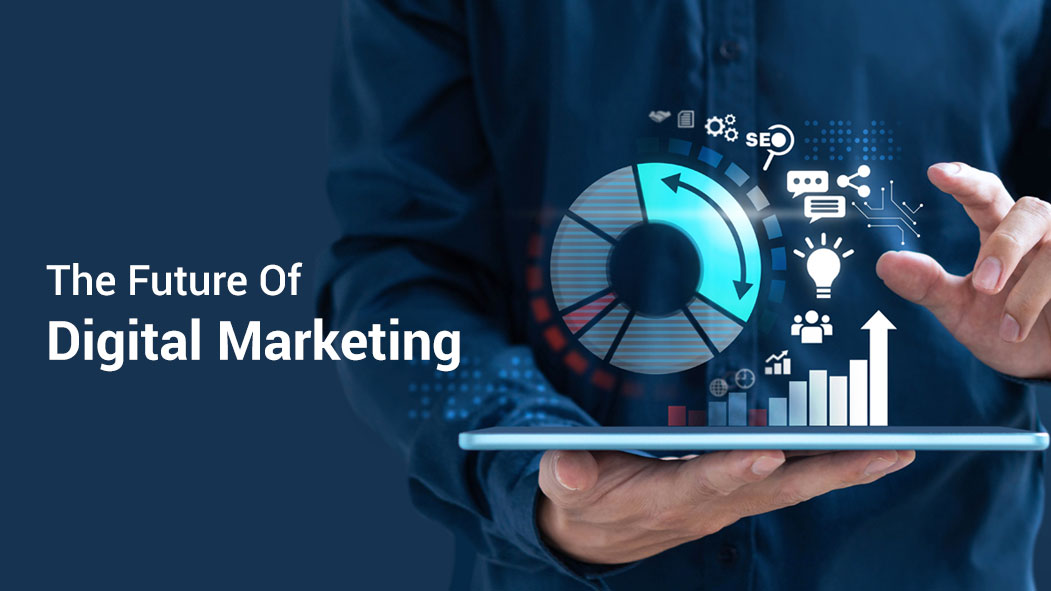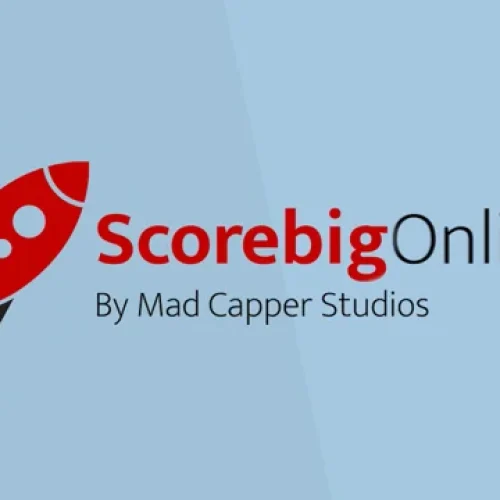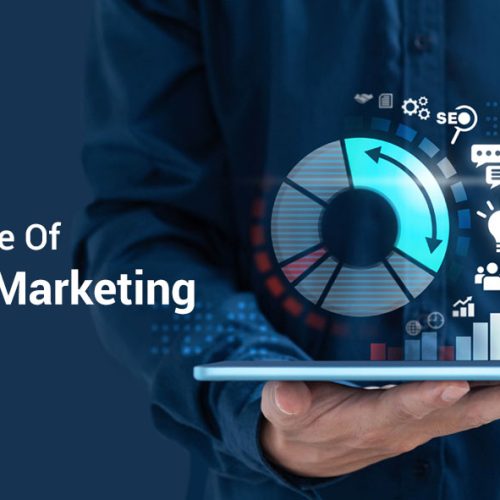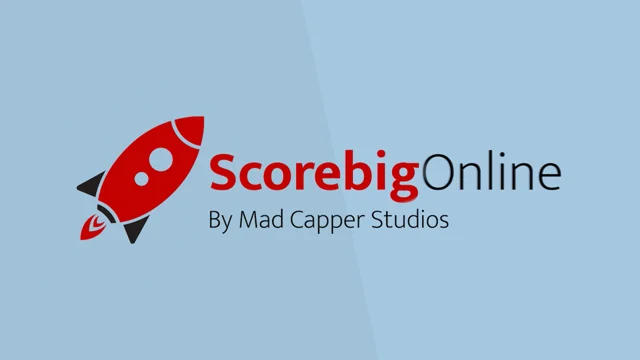In today’s rapidly evolving digital landscape, businesses and marketers alike are keenly interested in what the future holds for digital marketing. This pivotal question not only shapes how brands interact with their audiences but also dictates the strategies businesses must adopt to stay ahead in an increasingly competitive market. In this article, we will dive deep into the trends, technologies, and tactics that are set to define the future of digital marketing.
What is the Future of Digital Marketing?
As we stand on the brink of a new era in digital marketing, one question stands paramount: What is the future of digital marketing? This question is not just about predicting the next big trend or technology but understanding how these advancements will redefine the way businesses connect with their customers. From AI-driven personalized experiences to the ethical considerations of data usage, the future of digital marketing is a complex, multidimensional space ripe with opportunities and challenges.
The Rise of Personalization and Customized User Experiences
Why does personalization matter? In the future of digital marketing, personalized content and customized user experiences will become the norm, not the exception. Leveraging data analytics and AI, marketers will offer highly targeted content that meets individual customer needs, driving engagement and loyalty.
Voice Search Optimization: Preparing for the Voice-Activated World
How can businesses optimize for voice search? With the increasing use of voice-activated devices, optimizing for voice search is crucial. This section will explore strategies for creating voice search-friendly content and the importance of conversational AI in enhancing customer interactions.
Visual and Video Content: The New Frontier
What makes visual and video content so effective? This medium’s ability to convey complex messages quickly and engagingly makes it invaluable. Future strategies will increasingly rely on video and visual content, leveraging platforms like Instagram, TikTok, and YouTube, to captivate audiences.
Artificial Intelligence and Machine Learning in Digital Marketing
How are AI and machine learning transforming digital marketing? These technologies are at the forefront of the future, offering unprecedented insights into customer behavior, automating repetitive tasks, and personalizing user experiences at scale.
Influencer Marketing: Evolution and Future Trends
Why will influencer marketing continue to thrive? This section predicts the evolution of influencer marketing, emphasizing authenticity and the shift towards micro-influencers and niche audiences.
Privacy, Security, and Trust in Digital Marketing
How will privacy shape digital marketing? As consumers become more aware of their data rights, trust and transparency will become critical. This section discusses the implications of privacy laws and the importance of ethical data use.
The Integration of Augmented Reality and Virtual Reality
What role will AR and VR play? These immersive technologies offer new ways for brands to engage customers, from virtual try-ons to interactive experiences that bridge the physical and digital worlds.
The Importance of Mobile-First Marketing
Why is mobile-first no longer an option but a necessity? With the majority of digital media consumed on mobile devices, strategies must prioritize mobile optimization to meet customers where they are.
Sustainable and Ethical Marketing Practices
How do sustainability and ethics fit into digital marketing? Brands that prioritize these values will stand out, fostering long-term loyalty by aligning with their customers’ values and concerns.
Conclusion
As we look towards the future of digital marketing, it’s clear that change is the only constant. By embracing new technologies, prioritizing user experience, and adhering to ethical practices, businesses can not only adapt but thrive in this ever-evolving landscape.







